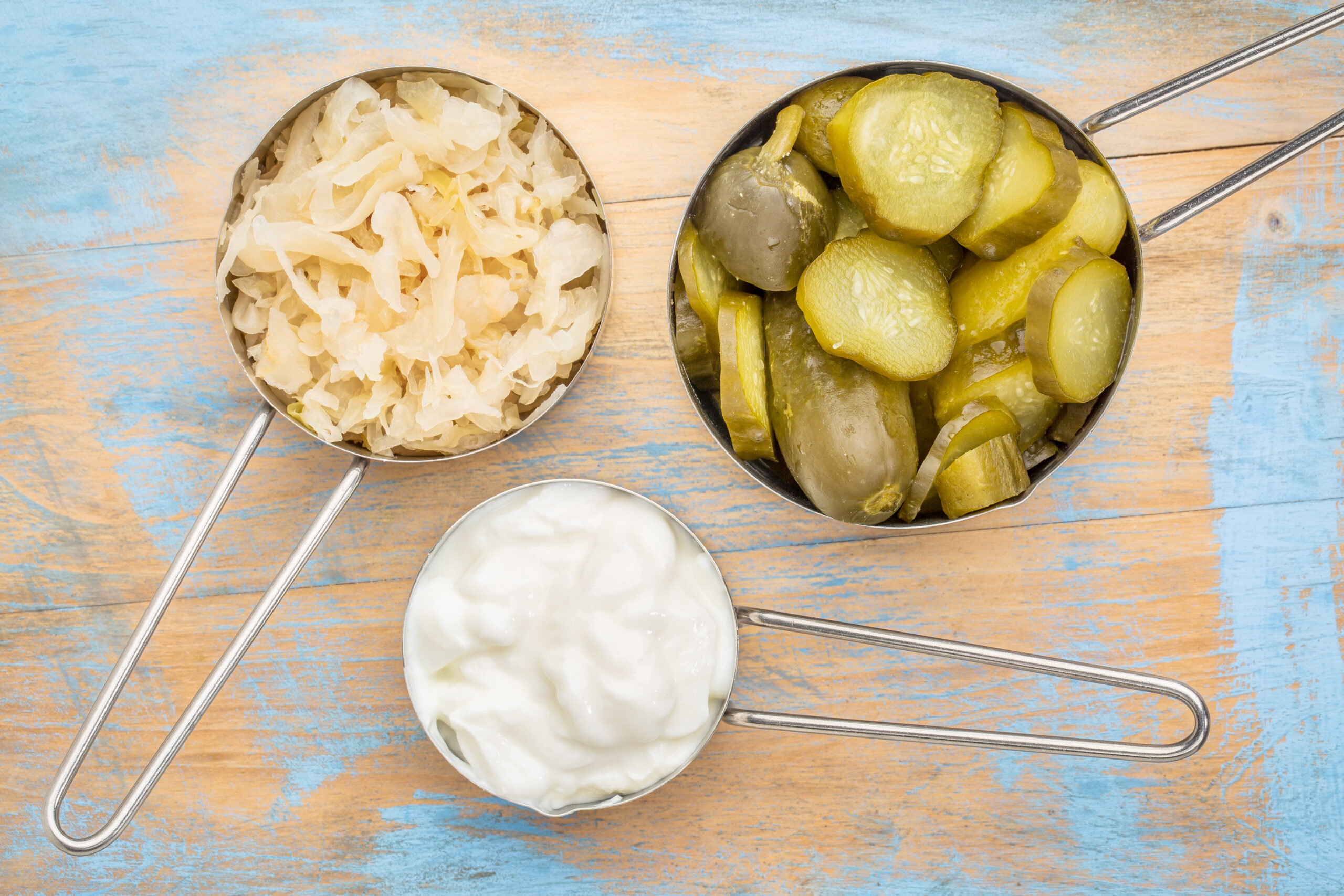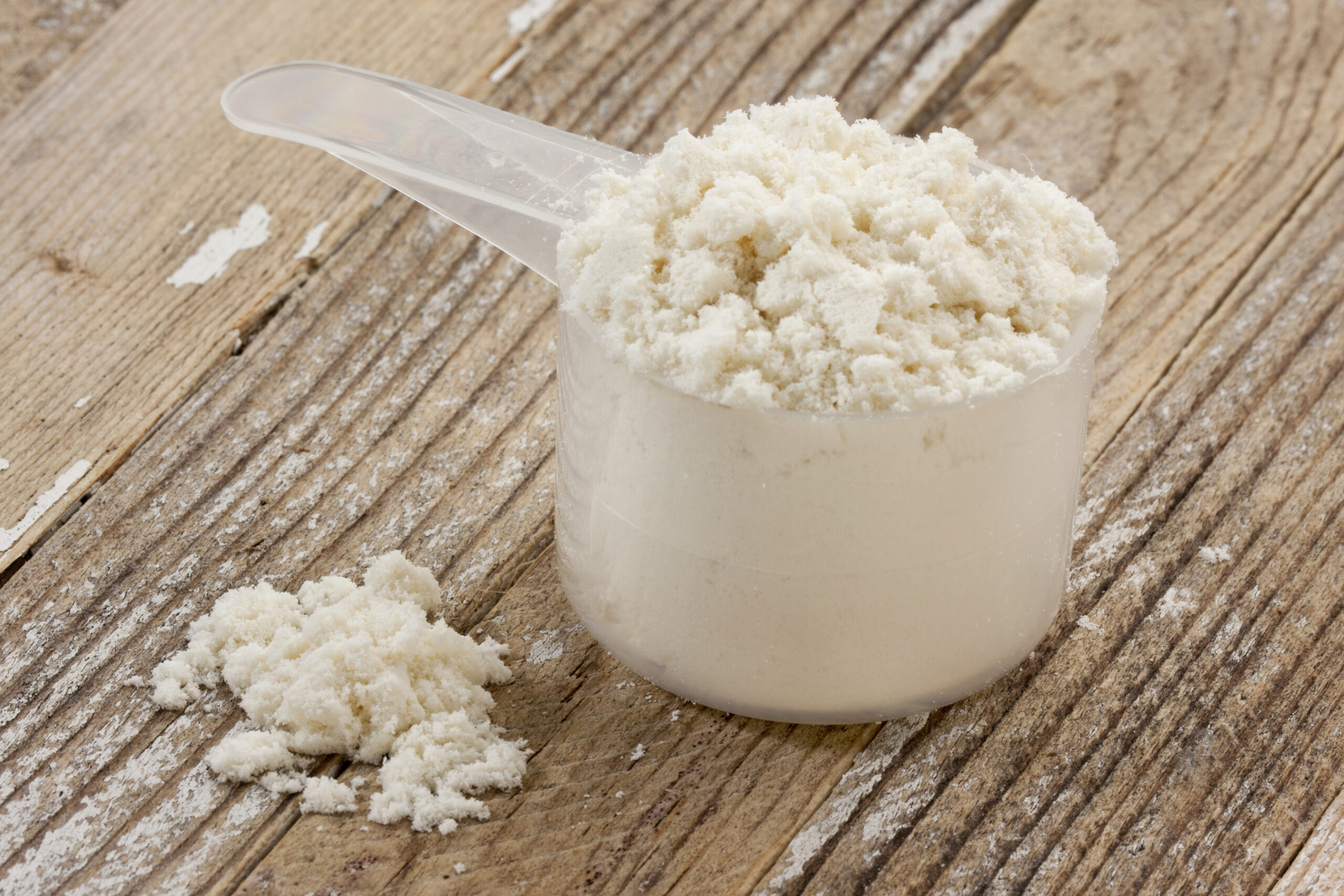When it comes to cutting calories and managing weight, many people swap sugar for artificial sweeteners without a second thought. After all, fewer calories must mean better health… right?
Not so fast.
While sweeteners like aspartame and sucralose may spare you a few calories, they could be quietly wreaking havoc beneath the surface—especially on your skin.
And it’s not just about breakouts. Emerging evidence links artificial sweeteners to everything from gut disruption to chronic inflammation, both of which can sabotage your complexion over time.
In this article, we’ll uncover the surprising ways artificial sweeteners might impact your skin and what you can do to protect your glow.
What Are Artificial Sweeteners, Exactly?
Artificial sweeteners are synthetic sugar substitutes found in countless “health” products. They include but are not limited to:
- Aspartame
- Sucralose
- Saccharin
- Acesulfame potassium (Ace-K)
- Neotame
- Advantame
They sneak into diet sodas, sugar-free gums, protein powders, protein bars, and yoghurts.
And don’t be fooled by packaging, products labelled “no sugar added” often contain these additives under hidden names. That’s why it is crucial to always check the label closely if you’re trying to minimise your intake.
Natural sweeteners like stevia and monk fruit are in a slightly different category, but as you’ll see later, they’re not always a free pass either.
How Artificial Sweeteners Could Damage Your Skin
There are a few different ways that artificial sweeteners could be damaging your skin, these include:
1 – Blood Sugar Spikes and Insulin Confusion
While artificial sweeteners are low or zero calories, they can still trigger insulin spikes in certain individuals. This hormonal confusion can stimulate oil production, clog pores, and create an inflammatory environment perfect for acne.
2 – Gut Health Disruption
Sweeteners like sucralose and saccharin have been shown to negatively impact gut bacteria balance. A disrupted microbiome can spark widespread inflammation, which often shows up first on your skin—through acne, eczema, redness, or simply a dull, lifeless tone.
3 – Inflammatory Response
Research suggests artificial sweeteners may increase pro-inflammatory markers in the body. Chronic inflammation not only exacerbates existing skin conditions like rosacea but also speeds up ageing by damaging collagen and elastin.
4 – Dehydration and Water Retention
Diet sodas and other sweetened products often contribute to mild dehydration and electrolyte imbalance. Dehydrated skin = dullness, increased fine lines, sensitivity, and an overall rougher texture.
What Science Currently Says
While comprehensive human studies on artificial sweeteners and skin health are still evolving, existing research paints a concerning picture. Animal studies and small-scale human trials indicate artificial sweeteners can disrupt gut microbiota, provoke inflammatory responses, and indirectly trigger skin issues such as acne, eczema, and accelerated ageing.
Dermatologists and functional medicine experts increasingly report improved skin health in patients who cut back or eliminate artificial sweeteners. Although definitive, large-scale evidence is pending, current scientific observations strongly suggest that minimising artificial sweeteners could significantly benefit your skin’s overall health and appearance.
Signs Your Skin Might Be Reacting
Wondering if your skin could be protesting your sweetener intake? Pay attention to your intake of artificial sweeteners and watch for the following signs:
- More breakouts (especially around the mouth and jawline).
- Worsening rosacea or eczema flare-ups.
- Persistently dull or dry skin, even with a good skincare routine.
- Puffiness, fluid retention, or uneven tone.
What You Can Do Instead
But don’t stress if you’re suffering from any of the issues mentioned in the previous section. There are practical steps you can take right now to resolve skin issues caused by artificial sweeteners. And even if you’re not suffering right now, you can enhance your glow with the following roadmap.
1 – Moderate Sweetener Use
Sure, a once-in-a-while diet soda won’t ruin your skin forever—but daily doses could quietly add up. Instead of outright elimination, aim for mindful moderation. Track your skin’s reactions to identify if sweeteners trigger breakouts or flare-ups for you. Making conscious, informed choices empowers you to indulge occasionally without guilt or skin sabotage.
2 – Boost Your Hydration Game
Balance any sweetened beverages or snacks with ample hydration. Increasing water intake supports skin elasticity, flushes toxins, and combats the dehydrating effects that sweeteners (and caffeine) might have. Try incorporating antioxidant-rich herbal teas like green tea, rooibos, or hibiscus, which not only hydrate but help counteract inflammation.
3 – Repair and Rebalance Your Gut
Your gut-skin connection is powerful. Strengthen your microbiome to build resilience against inflammation caused by artificial sweeteners. Probiotic-rich foods like yogurt, kefir, kimchi, sauerkraut, and kombucha can help restore balance. Pair these with prebiotic foods such as garlic, onions, asparagus, and leafy greens to nourish beneficial bacteria.
4 – Embrace Whole, Real Foods
Reducing processed foods in your diet dramatically decreases your exposure to hidden sweeteners. A diet rich in colourful vegetables, healthy fats, clean proteins,
Natural Alternatives?
If you’re keen to ditch artificial sweeteners but not quite ready to give up sweetness entirely, then natural alternatives can offer a healthier balance, but they’re not all created equal.
Here’s what you need to know to make smarter, skin-friendly choices:
1 – Stevia
Derived from the leaves of the Stevia rebaudiana plant, stevia is calorie-free and generally less disruptive to blood sugar levels. But purity matters—many brands mix in fillers, additives, and less harmless sweeteners like alcohol sugars. Always check labels and opt for pure, organic extracts.
2 – Monk Fruit Extract
A zero-calorie sweetener sourced from Southeast Asia, monk fruit contains antioxidant compounds called mogrosides. It’s gentle on blood sugar and gut health, but like stevia, purity counts. Aim for high-quality extracts without unnecessary ingredients.
3 – Raw Organic Honey
Unlike artificial sweeteners, honey offers antimicrobial, antioxidant, and soothing skin properties. But at its core, it’s still sugar—meaning moderation is essential. Use it sparingly as a natural sweet boost rather than a daily staple.
4 – Maple Syrup or Coconut Sugar
These options, while still sugars, provide trace minerals and antioxidants absent in refined sugars. Still, moderation remains critical, as their glycemic impact is similar to regular sugar.
Ultimately, the healthiest move for your skin, and your tastebuds, is to retrain yourself to prefer foods with less sweetness overall. Gradually cutting back on sweetness recalibrates your palate, making it surprisingly easy (and rewarding) to embrace naturally flavoured foods. For more information on how, check out our article, Trick Your Taste Buds! How to Eat Less Sugar Without Missing It.
Why Regular Sugar Isn’t the Safe Bet Either
At this point, you may be tempted to throw in the towel and swap artificial sweeteners for good old-fashioned regular sugar. However, if you think that’ll solve your skin troubles, then think again!
High sugar consumption fuels glycation—an ageing accelerator where sugar molecules latch onto collagen and elastin fibres, causing them to stiffen and break down. The result? Premature wrinkles, fine lines, and sagging skin.
Excess sugar also spikes insulin, boosting oil production and inflammation—a recipe for acne, redness, and chronic skin irritation. Sugar can even trigger a vicious cycle, fuelling cravings, energy crashes, and mood swings that further stress your skin.
Bottom line: while artificial sweeteners might be covertly hurting your skin, regular sugar can openly wage war on your complexion. When it comes to good health and glowing skin, your best bet is rarely to swap one villain for another!
Conclusion: Sweetness Without the Sacrifice
At the end of the day, what’s marketed as “healthy” isn’t always harmless—especially when it comes to your skin. Being mindful of your artificial sweetener intake could be the missing piece to achieving that radiant, healthy glow you’ve been chasing.
So if you’ve struggled with stubborn skin issues that just won’t budge, try cutting back on artificial sweeteners for a few weeks — and see what your skin has to say about it.



